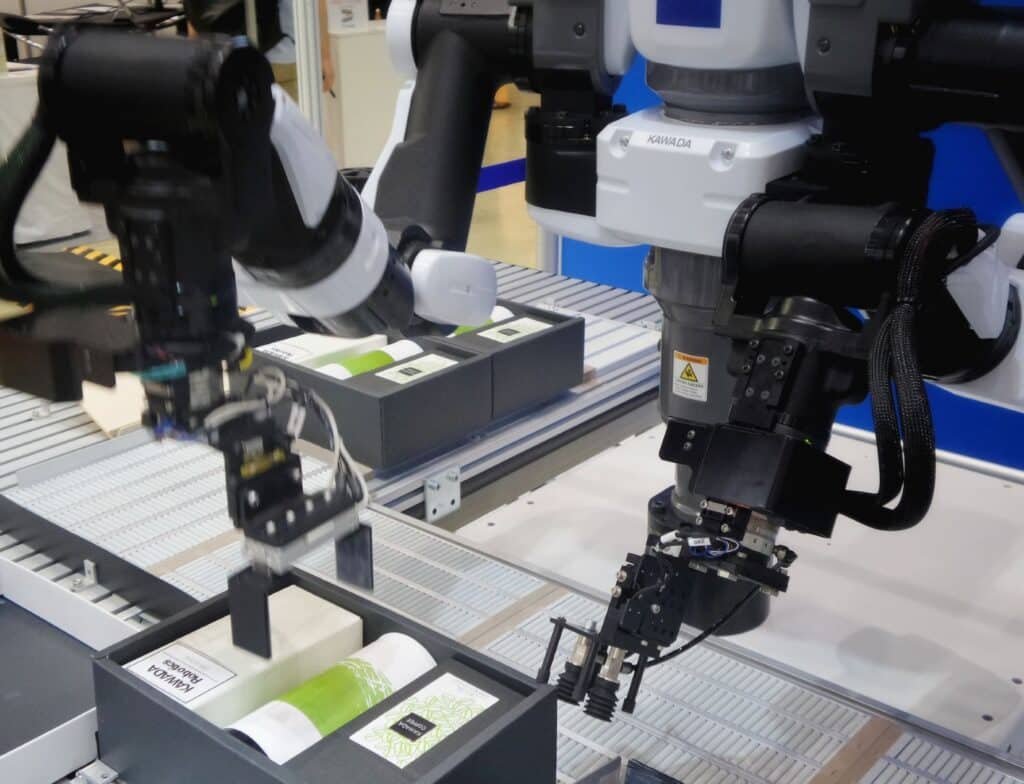
It is hard to deny the role of Robotic Process Automation (RPA) in freeing human labour of mundane, repetitive tasks. By automating such tasks and enhancing business productivity, RPA makes long-term goals achievable. RPA often acts as a reminder of the convenience and quickness that automation brings, even if it is ultimately just one component of the current business technology puzzle. Once you let rules-based software robots manage repetitive tasks that are usually hampered by human mistakes, you and your team can focus on more important core business tasks.
Because of its usability in various industries, RPA is quickly becoming a popular pick among business leaders and advisors. But the first step to successfully deploying RPA is understanding why it is relevant in contemporary companies. If you need to convince your superiors about the advantages of RPA technology, you must be convinced first. The amount of improvement of your manual processing hotspots will usually reflect in the number of benefits you experience through automation. RPA gives a company the scalability it needs to operate, execute and maintain at the top of its game.
In this blog, we have listed some more advantages of RPA that you might be interested to know before you start implementing it for your organisation. Take a look:
Improved Efficiency
Your business’ chances of success will greatly improve if your performance efficiency or productivity is at its best. And that is achievable through RPAs. RPA tools combine with human labour to produce better results at lower costs. Think about implementing robots in a division like accounts payable or receivable, where employees routinely need to transfer data from many portals into your company’s business systems.
Processing costs decrease, and per-employee output rises with this automation. In the transaction process, errors are also reduced.
Increased Agility
RPA frequently makes it easier for companies to adapt to changes in business processes.
Instead of asking IT staffers to set aside time and resources to modify the underlying business systems, workers can frequently make quick alterations within the RPA program, which tends to be lightweight, time-saving and flexible.
Additionally, new RPA deployments or updates to existing bots have a lower risk of interruption or unexpected repercussions. This is because RPA is stacked on top of enterprise systems rather than embedded within them. Thus, it gives enterprises the option to enable quick process alterations, enhancing their agility.
Accuracy and Quality
RPA improves procedures where human error is likely to occur, thereby improving accuracy. Robots are dependable and consistent and have the capacity to work non-stop for several hours. They also significantly raise the output quality and reduce the number of cases needing rework. The best thing about RPA technology is that it adheres to the rules, delivering 100% accuracy in the results. Moreover, it is easy to adopt and enhances organisational capacity when used with other tools.
Better Data Security
The main worry that corporate leaders usually have is the influence of RPA tools on operational risk. Given how frequently data leaks and breaches occur, management may be worried about the security of these technologies. However, the risk of leaks between platforms is only marginally present when your team carefully maintains and precisely sets RPA settings. A well-developed and maintained solution should be used to increase security confidence.
RPA offers advantageous potential for lowering the number of human touchpoints required by organisations to process personal information in regions with tight personal data regulations. You can achieve proper governance and compliance if you facilitate this retreat and minimise contact with sensitive data.
Consistency
Bots are a safe and non-intrusive technology that offers flawless uniformity in carrying out tasks across the board, each and every time. The technology doesn’t interfere with the underlying processes. Thus, bots are able to standardise the processes and perform them with the same consistency throughout.
Conclusion
RPA is an intelligent automation technology that provides relief to your organisation by improving operational efficiency and reducing the scope of human error.
Even though it demands some effort and planning for success, RPA makes achieving success simpler than ever before. With the five key advantages above, you can start making financial savings and improve your daily performance immediately.
